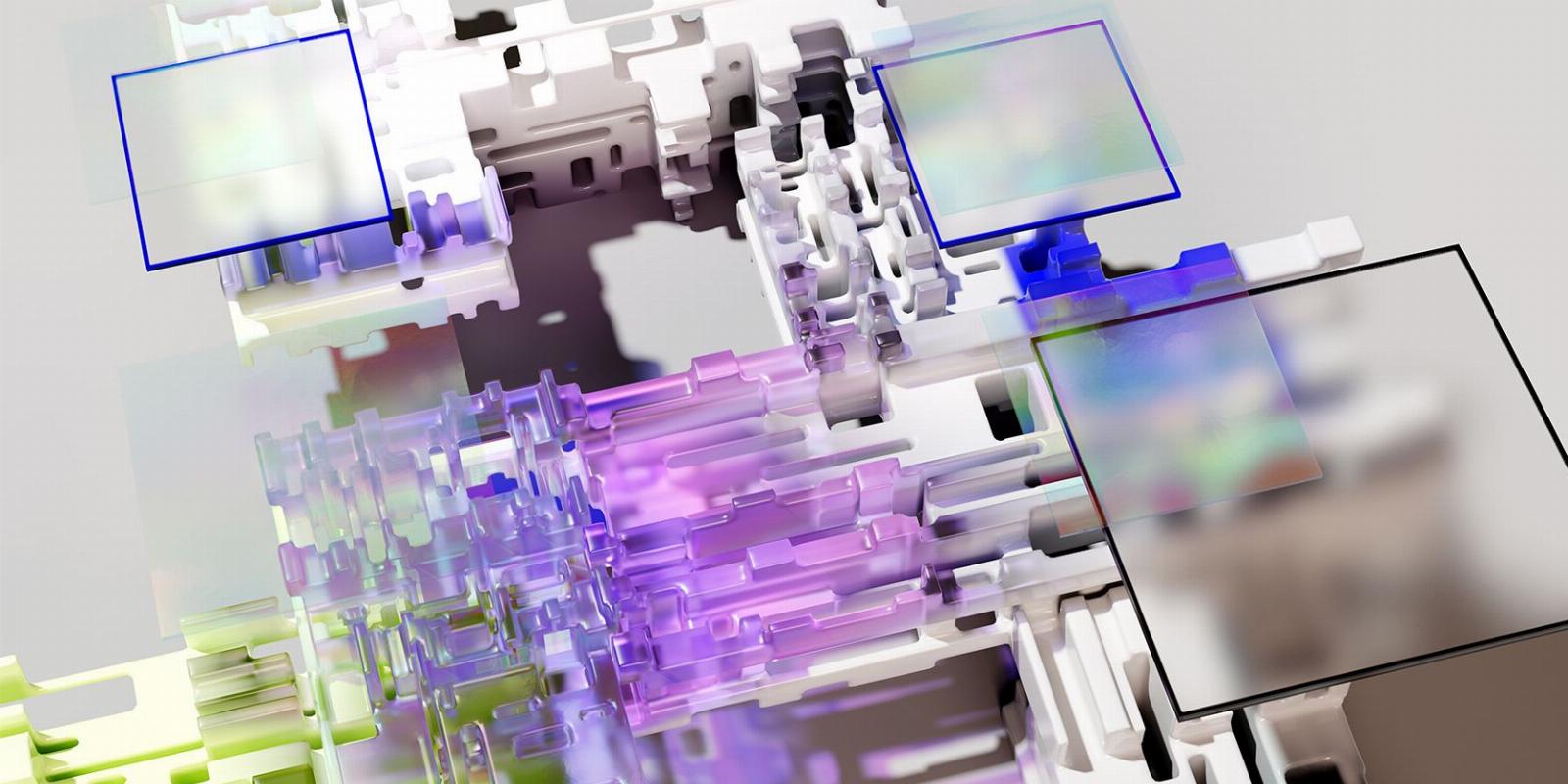
What Are the Copyright Rules Around AI Art?
Reading Time: 4 minutesCan AI art be copyrighted? And what’s the deal with AI art generators and copyright infringement? Here’s what we know.
AI-generated artwork uses thousands of years of art history, styles, and imagery to create new artwork. While the works of Van Gogh, Picasso, or Dali are often imitated without onlookers batting an eyelid, newer artists or creators of recently-found art styles might not take the compliment.
Living artists can take a stand against AI generators using their ideas for new AI art. But many people say there’s no such thing as an original idea, so should we let AI bygones be bygones and embrace this new technology? How does copyright work for AI art generation? Are there rules to follow or things to avoid?
How Is AI Art Generated?
Like many types of AI, AI art generators use various algorithms and datasets to obtain, organize, and reproduce information. There are different types of generators, such as the common text-to-image generator whereby you can type a description and the AI tool will generate art to match. You can also directly feed in your own images to create new AI pieces.
The algorithms use information from existing art pieces, art styles, and imagery. This means that AI-generated art is not newly imagined but made from existing ideas and images. This could be problematic since it often happens without the original artists’ consent.
Throughout 2022, AI art generation became easily available to the public, and, as such, anyone who has access to the internet is able to create and share AI artwork of their own. What does this mean for copyright around AI art?
Can AI Art Be Copyrighted?
Since AI art is created by algorithms, computers, and cross-wired information gathered over time, there is no one artist of a single AI art piece. By that logic, an AI art piece cannot be copyrighted by typical copyrighting standard practices.
One AI art generator, Deep AI, states on its terms of service page that all content created using its AI tools is free of copyright, including for all legal uses, such as personal and commercial gain.
In the United States, copyright authorship can only be granted to works that were created by a human and that are sufficiently original, as well as a short list of other requirements.
Of course, AI-produced art is not authored by humans directly nor made of original materials. Most countries worldwide follow similar practices, making AI-generated artwork unable to be copyrighted.
AI Art and Copyright Infringement
The result of an AI artwork isn’t copyright attributed to any one person; however, the art used to generate it often might be.
In early 2023, Getty Images opened a lawsuit against an AI generator that was suspected of using unlicensed Getty Images photos to create AI images. So while the resulting images hold no copyright, the photos used to create them had copyright licenses that weren’t adhered to.
To avoid problems yourself, consider how the generator you’re using may have obtained its information. While it might not explicitly say, if you recognize imagery from an artist or photographer, or notice anything that seems amiss, you should report the generator and cease using it yourself.
Different AI generators will have different rules for their use, and since AI art generation is such a new field, you should attain to read the terms and conditions before using or distributing any artwork you create through AI.
To help protect yourself from copyright infringement of your own original works by AI generators, you can apply for a Creative Commons license for your creative works or follow the best practices for protecting your images from AI generators. While it won’t stop an AI company from stealing your work if they’re intent on doing so, it may help you prove copyright infringement if you find your work has been used.
Predictions for the Future of AI Art Copyright
In such a fast-growing field, it’s hard to predict what may happen for the future of copyright when AI art is normalized. At the time of writing, many countries like the United States, Germany, and Spain have strict rulings on how artwork can claim copyright, so it looks like with the introduction of AI-generated work, they will remain unable to be copyrighted.
Artists, photographers, and libraries may change the copyright of their artwork to reflect this ever-changing technology. It may be harder for AI algorithms to obtain artistic information if the images retain stricter copyright protections.
There’s already a movement of smaller artists complaining that their art styles or direct artworks have been used in AI images. Ensure you read the terms and conditions of any image software you use, as they may use your information for AI systems. You can opt out of Adobe’s content analysis which may feed information to Adobe’s AI.
Since AI art generation affects living artists as much as famed late artists, AI art copyright is certainly something to keep an eye on going forward.
Imitation Is the Greatest Form of Flattery
Many great artists learned by imitating famed art pieces. This learning technique allows an individual artist to learn old, traditional techniques to practice and create new ones. AI art generators are only using existing art to supply digital imagery for frivolous fun, essentially.
Is the heartbreak of copyright infringement worth the luxury of gamified imagery at the click of a button? Only time will tell how the copyright landscape changes in the wake of this new art movement.
Reference: https://www.makeuseof.com/copyright-rules-ai-art/
Ref: makeuseof
MediaDownloader.net -> Free Online Video Downloader, Download Any Video From YouTube, VK, Vimeo, Twitter, Twitch, Tumblr, Tiktok, Telegram, TED, Streamable, Soundcloud, Snapchat, Share, Rumble, Reddit, PuhuTV, Pinterest, Periscope, Ok.ru, MxTakatak, Mixcloud, Mashable, LinkedIn, Likee, Kwai, Izlesene, Instagram, Imgur, IMDB, Ifunny, Gaana, Flickr, Febspot, Facebook, ESPN, Douyin, Dailymotion, Buzzfeed, BluTV, Blogger, Bitchute, Bilibili, Bandcamp, Akıllı, 9GAG